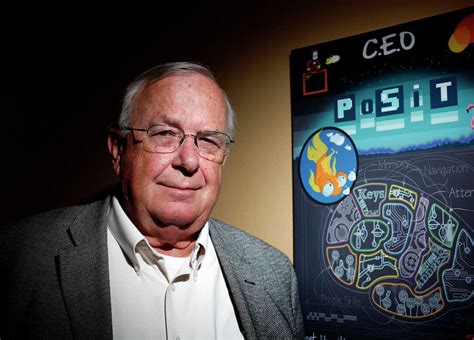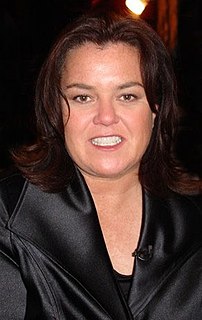A Quote by Howard Gardner
To ask "Where in your brain is intelligence?" is like asking "Where is the voice in the radio?"
Related Quotes
The mind is a mechanism. It has no intelligence. The mind is a bio-computer. How can it have any intelligence? It has skill, but it has no intelligence; it has a functional utility, but it has no awareness. It is a robot; it works well but don`t listen to it too much because then you will lose your inner intelligence. Then it is as if you are asking a machine to guide you, lead you. You are asking a machine which has nothing original in it.
Ask your child for information in a gentle, nonjudgmental way, with specific, clear questions. Instead of “How was your day?” try “What did you do in math class today?” Instead of “Do you like your teacher?” ask “What do you like about your teacher?” Or “What do you not like so much?” Let her take her time to answer. Try to avoid asking, in the overly bright voice of parents everywhere, “Did you have fun in school today?!” She’ll sense how important it is that the answer be yes.
I am interested in levels of brain discourse. How articulate are the voices in your head? You know, there's a different voice for the phone, and a different voice if you're talking in bed. When you're starting off with a narrator, it's interesting to think, where is their voice coming from, what part of their brain?
Logan, why aren't you wearing protection?" The radio crackled, and then came Logan's voice. "I have 'protection' in my bag," he said. "But as much as I don't want to say this, darlin', now's not the time to be asking if I'm carrying condoms. I have problems." "A life vest, Logan! I'm asking where's your life vest!" "Oh," he said. "I knew that.
Write like you write, like you can't help but write, and your voice will become yours and yours alone. It'll take time but it'll happen as long as you let it. Own your voice, for your voice is your own. Once you know where your voice lives, you no longer have to worry so much about being derivative.
Our American past always speaks to us with two voices: the voice of the past, and the voice of the present. We are always asking two quite different questions. Historians reading the words of John Winthrop usually ask, What did they mean to him? Citizens ask, What do they mean to us? Historians are trained to seek the original meaning; all of us want to know the present meaning.



































